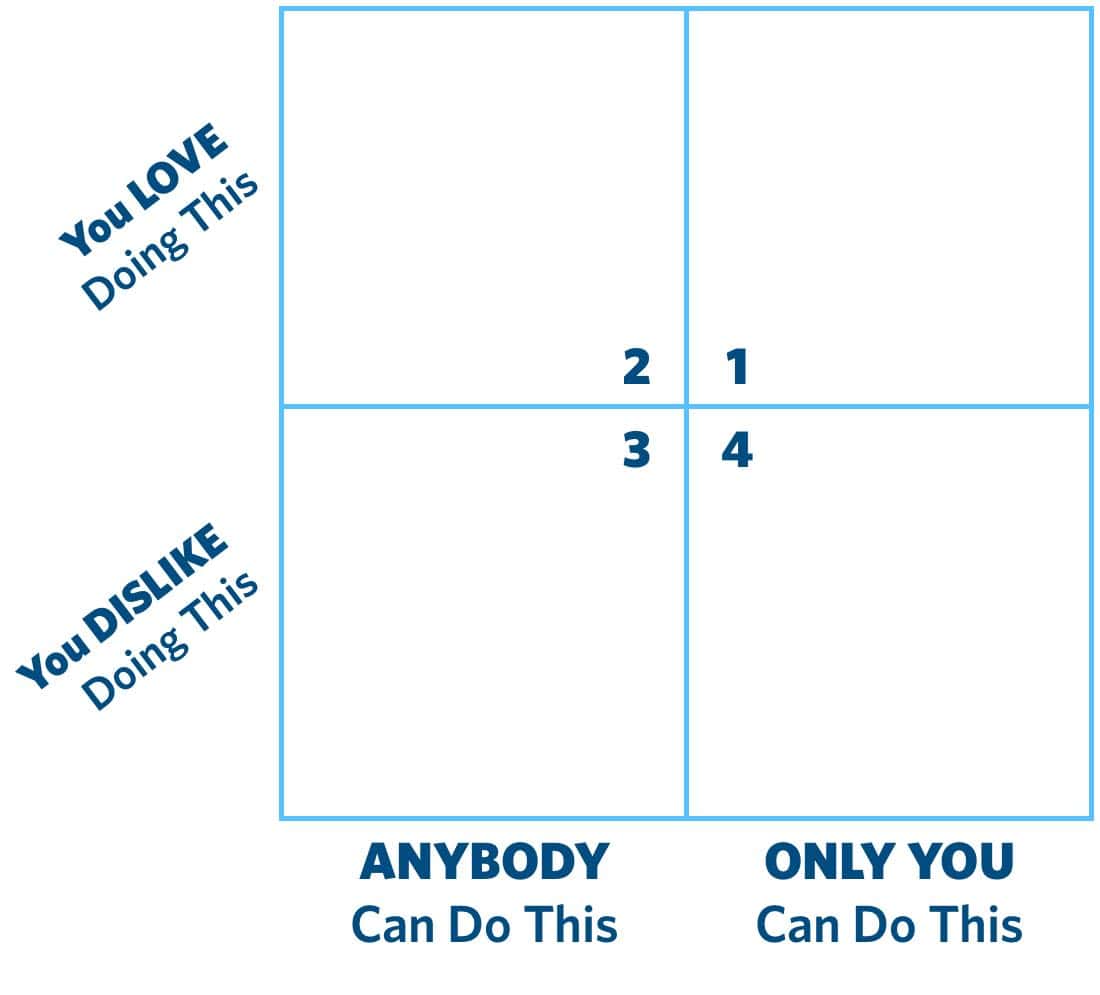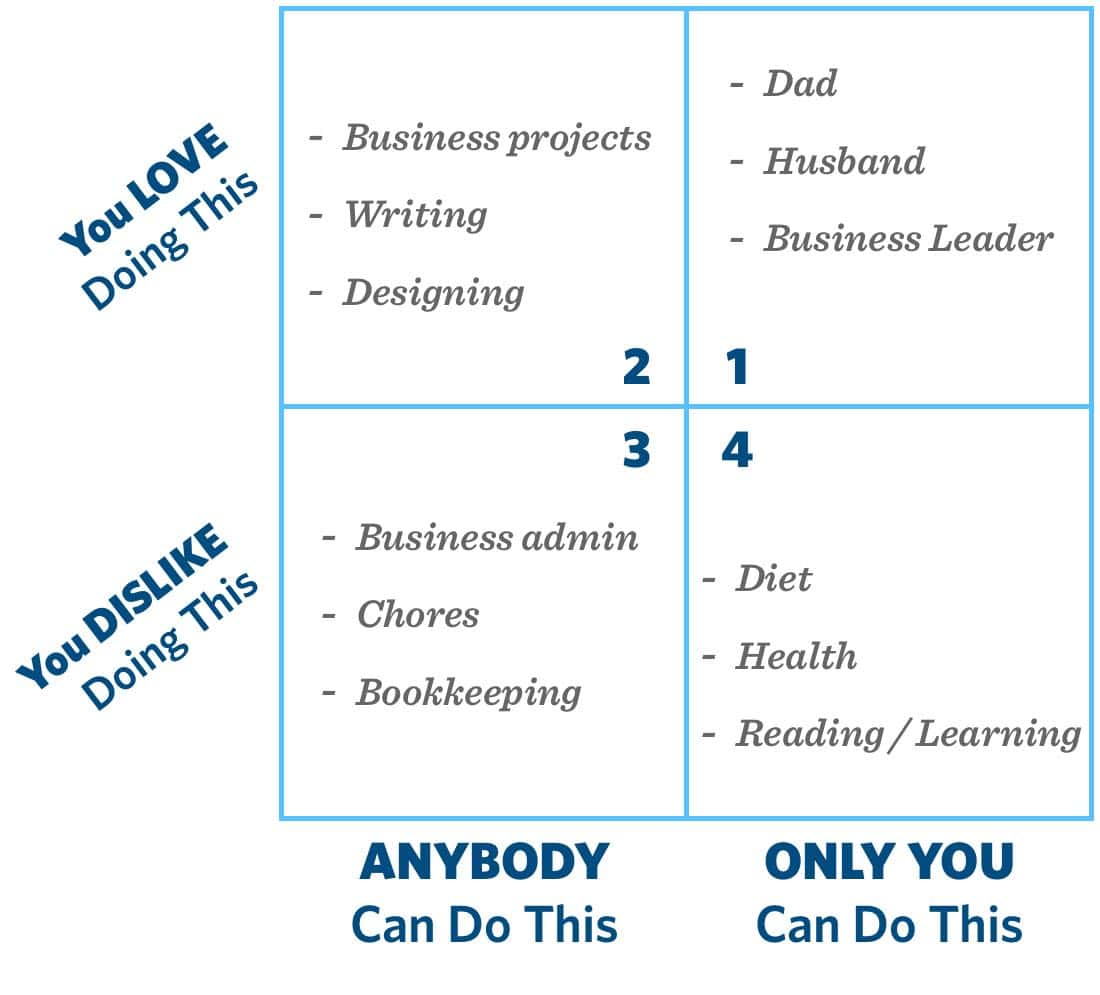
September and October have been good to us readers this year. I have a pile of brand-new books that I can’t wait to dive into.
Yesterday I tweeted about how if you’re also diving into a new book (or 5) then you might be interested in how to build your own, alternate index of notes and ideas. Having your own index is, to me, a game-changing strategy for reading and studying any non-fiction book. (See also: My approach to learning and taking action.)
In response to my above tweet, I was asked how and when I’m able to carve out time to read.
Well, the way to make time for reading is the same way you make time for anything else. You pick a time (schedule it) and then you show up.
- I wake up an hour before my kids in order to make time for my workout and to read.
- After the kids go to bed and I have tidied up the house, I try to read for at least 15 minutes before doing anything like watching a show or working on other projects.
- Before going to bed I read for 20 – 30 minutes. This is usually fiction (if I read non-fiction business or finance books, then my brain gets going and I can’t wind down for sleep).
- Saturday and Sunday afternoons we (usually) have quiet time during my youngest son’s nap. While my older two are doing their quiet activity, I will usually read for a bit.
To be candid, I don’t read nearly as much as I’d like to. And I have two things I want to adjust in my daily rhythm to make more time for reading and studying. One of them is to switch to audio books rather than podcasts when I’m driving in the car. The other is to make more space for reading at the start of my work day and in the afternoon. I’d like to at least double the amount of time I spend reading each day.
However… right now I am focused primarily on a new workout routine (which is something I hope to write about soon), and I have about three more weeks to go before I feel that my new workout habits will begin to settle in and become easier to follow through with.
I try to only focus on one big area of change in my life at a time. And since I’m focusing on my health right now, I’m not worried about changing my reading habits just yet. I will wait until I’ve hit a stride with my new workout routine and thus can give my energy to focus on building a new reading routine.

